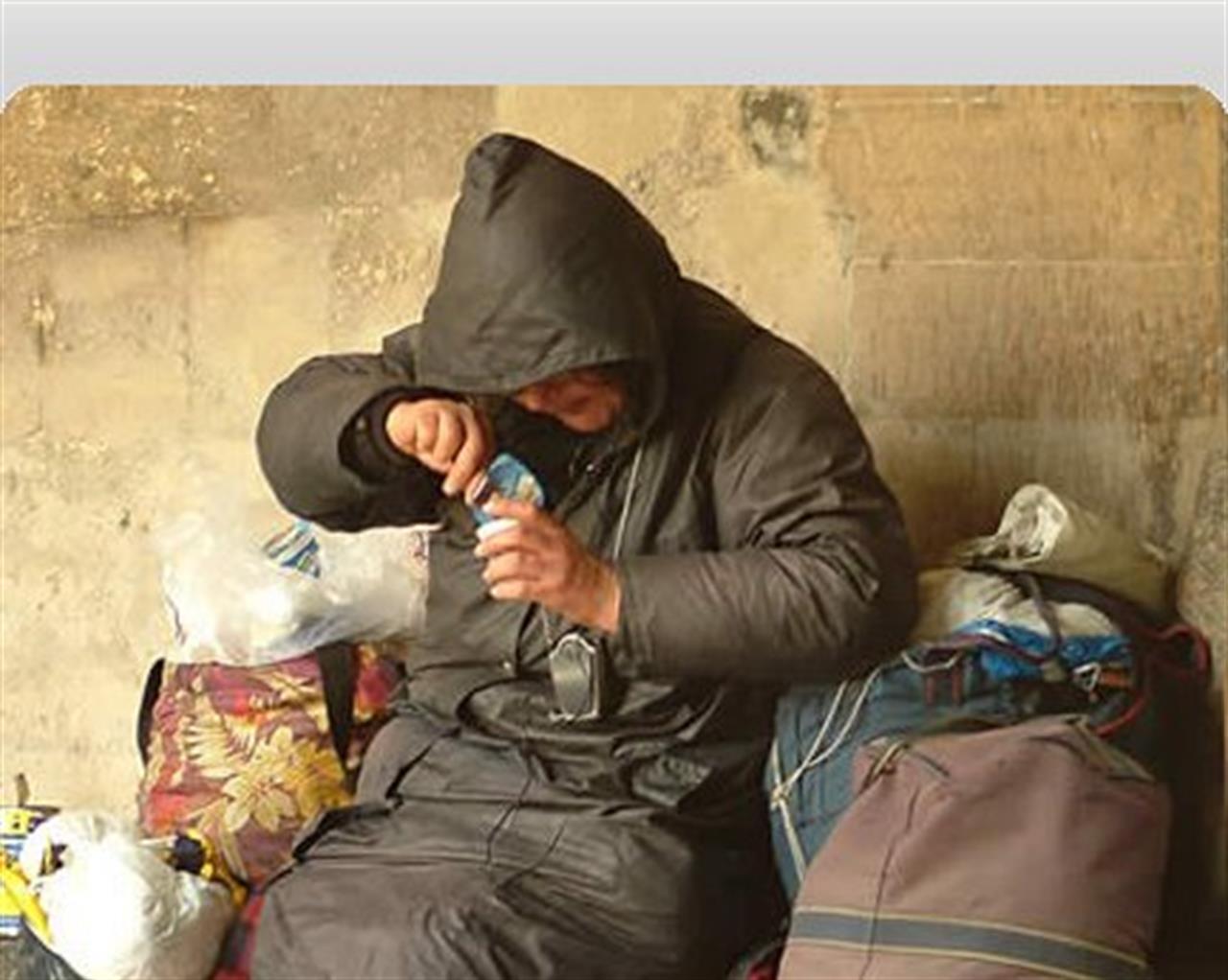Politica
A strategy for homelessness
The results of the Consensus Conference prove that there is hope for Europe's homeless
di Staff

“Homelessness is a problem that affects the whole of society and sometimes, we have to spend not just time but also money to form relationships, especially with homeless people”. Paolo Pezzana, president of the Italian umbrella body of organisations for the homeless, Fio.PSD, opens his declaration of the Consensus Conference held in Brussels in December with these words. But he also says he is happy with the results, as they prove that “the conference wasn’t a waste of time, we have high expectations”.
The outcome of the European Consensus Conference on Homelessness is a set of policy recommendations to the decision-makers in order to reach a co-ordinated strategy for tackling homelessness at the EU level, six of which can be seen as key to the strategy.
A summary of the key recommendations:
1. Homelessness is more than simply living on the streets, the concept should cover the lack of shelter, homes, insecure housing and inadequate housing?as well. “It is clear to the Jury that homelessness is much broader and more complex than the problem of people sleeping rough,” said Ruth Becker, a member of the Jury in charge of drafting the final report. “If we want to make progress on homelessness in the EU, policy makers need a common language and frame of reference that covers the diversity of homeless living situations.
2. Homelessness is a violation of fundamental human rights; as such, ending, not managing homelessness should be the goal of civil society and institutions.
3. EU Member States are advised to develop ‘housing-led’ solutions to homelessness. According to Mary Daly, a member of the Jury “the importance of housing in solving homelessness came out very clearly from the consensus conference process. The Jury concluded that ending homelessness requires what we call ‘housing-led’ approaches. This means promoting access to permanent housing, preventing homelessness from happening and providing floating support to people who need it in their homes.”
4. Nobody in the European Union should face destitution, regardless of legal or administrative status.?Free movement and migration policies should play an important role in preventing this situation. This requires an integrated approach, with an important role played by internal free movement and migration policies.
5. Homeless people should be empowered as far as possible to participate in the decision-making processes that affect their lives:??This would involve training the social workers and other specialised services to create opportunities for homeless people.
6. There is a need for an ambitious EU homelessness strategy to frame the development of national/regional strategies in Member States including a common framework definition of homelessness, measuring, monitoring and reporting on progress towards ending homelessness, supporting the development of national/regional strategies, developing a strong research agenda, encouraging social innovation, promoting quality services, ongoing mutual learning and transnational exchange, funding and mainstreaming homelessness across relevant policy domains.
According to the organisations involved in Consensus Conference this path is possible and necessary within the context of the new Europe 2020 strategy, and particularly the European Platform against poverty and social exclusion.
The most important result, however, according to Pezzana is that the importance of responsibility has been acknowledged: “it is up to us to ensure that concrete actions are taken. The challenge is real, but perhaps this time Italy will know how to lead the way”.
Cosa fa VITA?
Da 30 anni VITA è la testata di riferimento dell’innovazione sociale, dell’attivismo civico e del Terzo settore. Siamo un’impresa sociale senza scopo di lucro: raccontiamo storie, promuoviamo campagne, interpelliamo le imprese, la politica e le istituzioni per promuovere i valori dell’interesse generale e del bene comune. Se riusciamo a farlo è grazie a chi decide di sostenerci.
